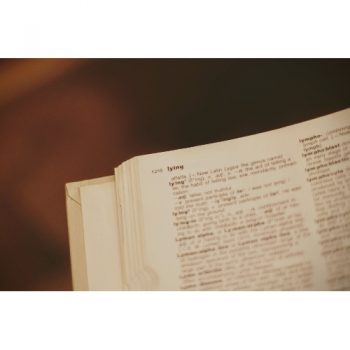“In Priene lived Bias son of Teutames, who is of more account (logos) than the rest.”
Bias lived about two generations previous to Heraclitus in the Ionian city of Priene. He was one of four, along with Thales, Solon, and Pittacus, whose names appeared on the lists of the Seven Wise Men — the group of seven statesmen, philosophers and lawgivers who were exemplary for their wisdom according to Greek legend. Kahn points to two quotes of Bias included in Aristotle:
- “Power will reveal the man.”
- “Love your friends as if they are to become your enemies, and hate you enemies as if they are to become your friends.” (Kahn, p. 177; see Aristotle, Nic. Ethics, 1130a1 and Rhet. 11.13).
A further statement attributed to Bias is that “most men are worthless (or ‘vile’)” (Kahn, p. 176; see Diogenes I.88). This comes to us from Diogenes Laertes, in the text containing the Heraclitian fragment here. In introducing the quote, Diogenes notes “even Heraclitus, who was so hard to please, praised him particularly” (Qtd. in Kahn, p. 176). Diogenes here compares Bias to Heraclitus in virtue of his pessimism about the mass of men.
The fragment here plays on the word “logos”/”account” in ways we so often see in Heraclitus. Bias is viewed as a rare individual who more clearly reflects the logos and has a clearer account of things than most. Bias is considered one of the excellent few.
